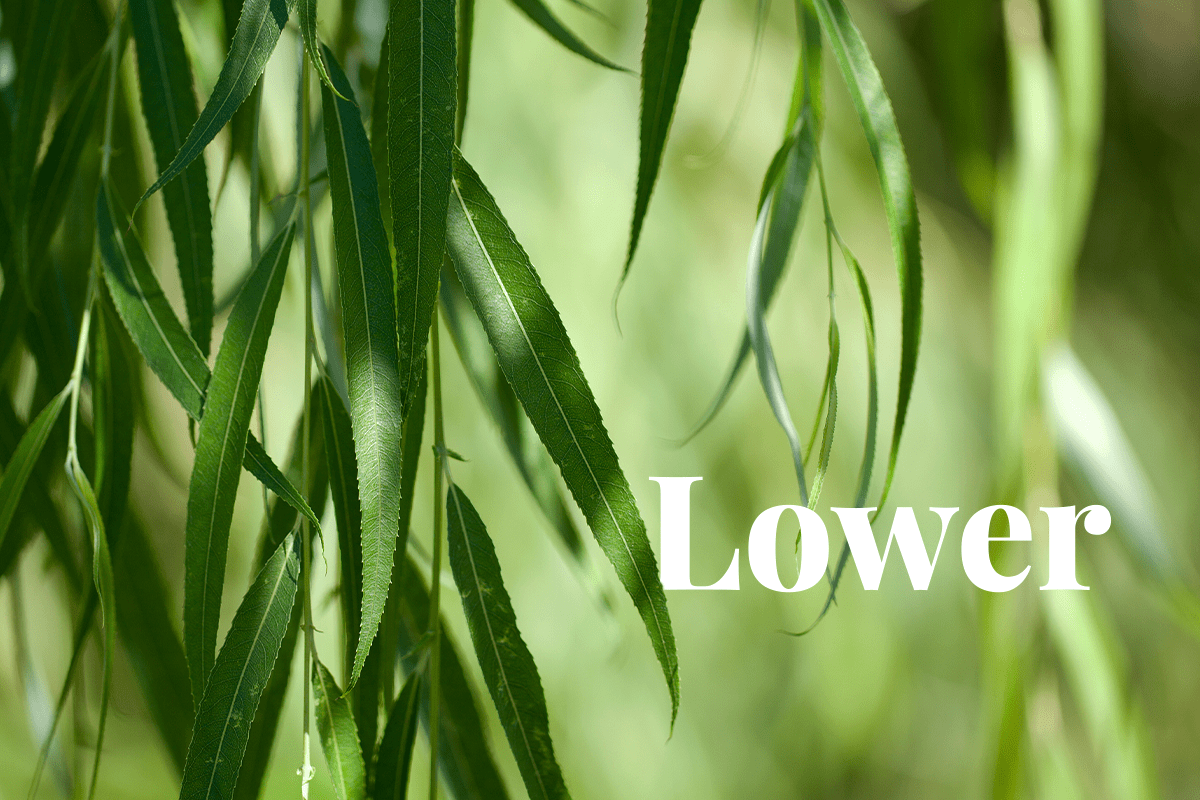An innovative agroforestry project in the United Kingdom at Eves Hill Farm in Booton, near Reepham, Norfolk, has planted thousands of hybrid willow trees in an effort to reduce the farm's carbon footprint. With over 4,000 trees now planted in 6 km of strips within arable fields, the project aims to protect arable soils from wind erosion, create biodiverse wildlife corridors and habitats, and ultimately generate a valuable additional crop of wood chips. The rows of trees are spaced 100 metres apart to allow farm machinery to cultivate and harvest wheat and barley crops between them, making it a unique and sustainable farming practice.

The first harvest of wood chips is expected in three years. While they will initially be composted to add to the farm's homemade plant nutrition, the long-term goal is to use them in an on-site energy plant to generate renewable heat and electricity, ultimately making the farm energy independent. This initiative aligns with the increasing focus on lowering carbon emissions within the agricultural sector. Net-zero targets are driving discussions on sequestration strategies and carbon credit trading to offset pollution across sectors.
Jeremy Buxton, the farmer at Eves Hill, set a target on making his farm carbon neutral, including the food in the farm's newly opened farm shop. By utilising agroforestry techniques and orchard initiatives, Mr Buxton plans to offset the farm's carbon emissions and advertise the zero carbon footprint of their products to consumers. The farm also recently planted a pick-your-own orchard with apple, pear, and plum trees, which are expected to sequester up to 10 tonnes of carbon per year.
Read more: Cultivating the future: How regenerative agriculture is transforming sustainable farming
These tree-planting initiatives are part of a larger regenerative farming approach at Eves Hill Farm, aimed at reducing the farm's use of synthetic chemicals and making it less vulnerable to external pressures such as energy costs and commodity price volatility. In addition to the agroforestry project, the farm is experimenting with poly-cropping techniques, where wheat and beans are grown together in the same field. The wheat will be milled into flour, while the beans, as legumes, can fix nitrogen in the soil, reducing the need for artificial fertilisers. The beans will be supplied to Wildfarmed, a company that promotes regenerative farming practices, and the product will be sold in the farm shop, creating a circular benefit for the farm and the community.
At DGB Group, we champion beneficial initiatives for nature and communities and seek to implement solutions that are in the interest of all stakeholders involved. Our large-scale projects are designed with such rationale in mind so that the positive effects can stretch over the long term. Our projects incorporate various sustainable land management techniques that ensure sustainable benefits for the community and nature.
Get in touch with our experts

